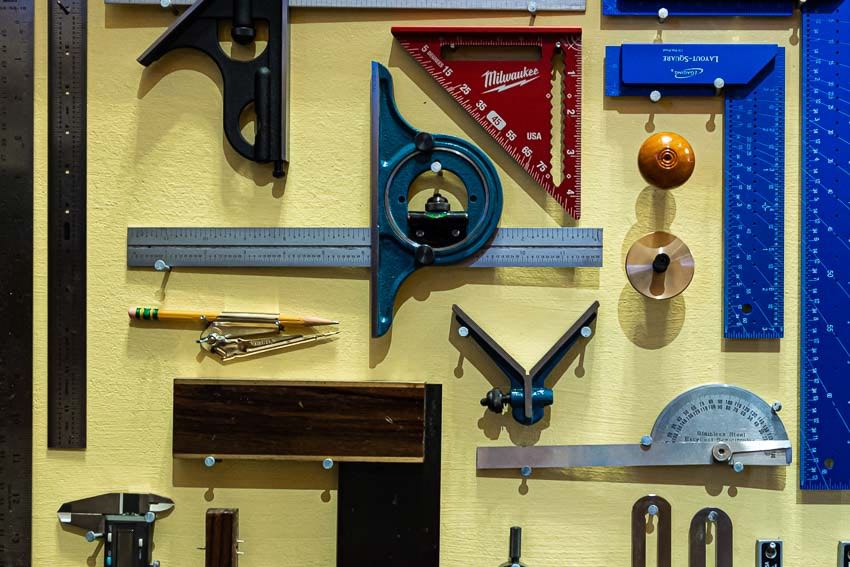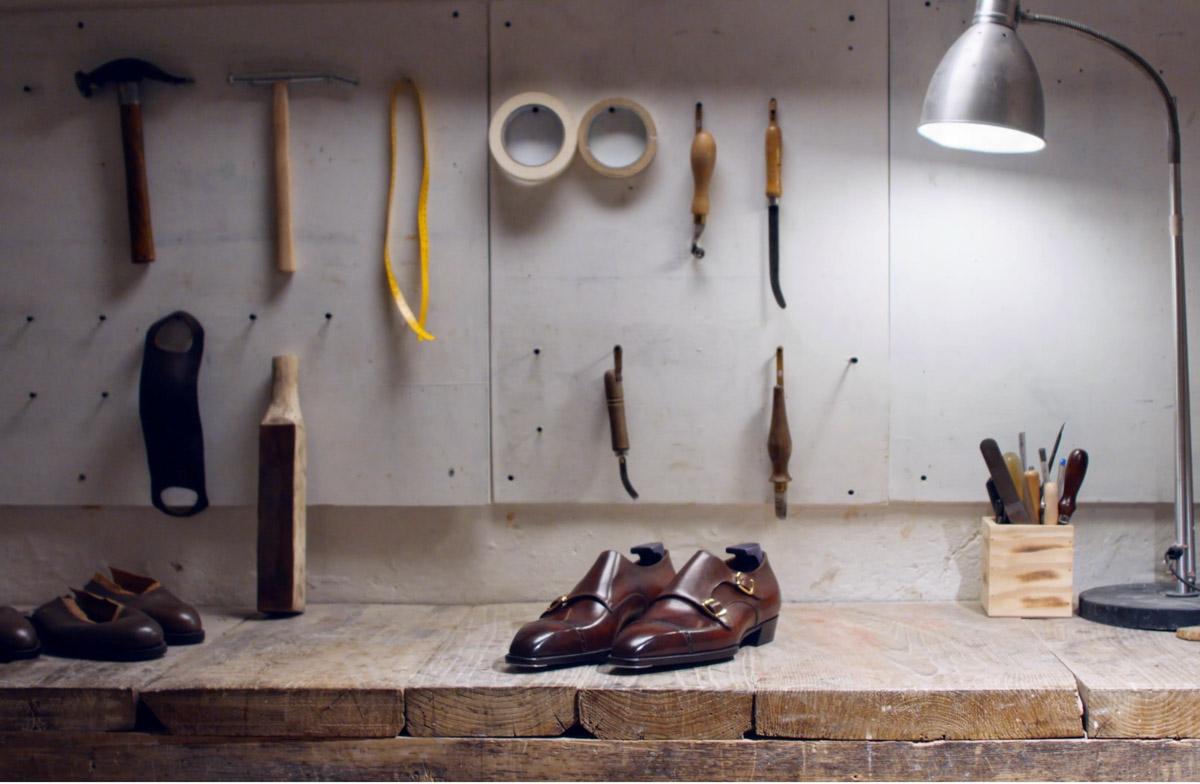Starting a workshop requires a few basic tools: a workbench, hand tools, power tools, safety equipment, and materials. A well-equipped workshop is critical to starting any woodworking, metalworking, or mechanical project.
Whether you are a beginner or an expert, investing in high-quality tools will ensure that you complete your projects efficiently and accurately. Depending on the type of work you plan on doing, you may need specific types of tools. Experienced workshop owners often recommend investing in high-quality, durable tools that provide long-lasting performance.
With the right tools and an appropriate workspace, you can start building anything you can imagine, from furniture and decorative objects to bicycles and cars. With this guide, you’ll be well on your way to setting up a comprehensive workshop for your next project.

Credit: www.protoolreviews.com
Power Tools
Power tools are essential for any workshop setup. One such tool is the drill press, which can help you drill holes accurately. The circular saw is perfect for cutting through different types of materials. A table saw is ideal for making straight cuts on large pieces of wood.
The jigsaw offers versatility in cutting shapes, curves, and angles. The router is perfect for creating intricate designs and details on the edges of wood pieces. The power sander speeds up the sanding process, while the power drill can be used for driving screws and other fasteners into wood.
Investing in these tools can help you create beautiful and functional projects in your workshop.
Hand Tools
Starting a workshop can feel overwhelming, but with the right tools, you can take on any project. Chisels are essential for woodworking and clearing out joints. A wrench helps tighten and loosen bolts, while a hand plane can smooth rough surfaces.
Screwdrivers come in different sizes and shapes, and having a selection is key. A hammer is fundamental for driving nails and breaking objects apart. Pliers provide a better grip on materials, while clamps hold pieces together for accurate cuts. With these hand tools, you’ll be able to tackle various projects and grow your workshop over time.
Remember to choose quality over quantity and invest in tools that will last you for years to come.
Measuring Tools
There are several measuring tools required to get a workshop started. The tape measure is a popular tool used for measuring length and width. The speed square is an essential item for making precise angle cuts. The combination square is used to measure length and depth.
Levels are used to check if surfaces are flat or level. Calipers are utilized to measure internal and external dimensions. Lastly, rulers are used to measure distance, size, and height. With these measuring tools, one can ensure that their workshop runs smoothly and efficiently.
Workshop Safety Equipment
Starting a workshop requires careful consideration of safety equipment. Safety glasses protect your eyes from flying debris. Ear protection helps prevent hearing damage. A respirator is crucial for filtering out harmful particles. Gloves protect your hands from cuts and abrasions.
Dust masks are necessary for protecting your lungs from particulates. Proper safety equipment reduces the risk of injuries and health problems, so don’t overlook these important tools when setting up your workshop.
Storage Solutions
When it comes to setting up a workshop, optimizing storage solutions is of paramount importance. Shelving can be customized to fit the available space and is a practical and economical solution. A tool chest can also be a great addition to house frequently used tools.
Pegboards allow tools to be displayed and easily accessible, while storage bins can keep smaller items organized. With a neat and tidy storage plan in place, you can increase efficiency, save time, and enhance the overall functionality of your workshop.
So, invest in the right tools, and get started with your diy projects!
Frequently Asked Questions For What Tools Do I Need To Start A Workshop?
What Are The Basic Tools Needed To Start A Workshop?
You will need a sturdy workbench, hand tools such as hammers, screwdrivers, pliers, saws, and drills. You may also need power tools such as a jigsaw, circular saw, and sander.
How Much Does It Cost To Start A Workshop?
The cost of starting a workshop depends on the tools you want and the space you plan to use. A basic setup could cost around $500 to $1000. However, more advanced setups will require more investment.
Is It Necessary To Have Power Tools In My Workshop?
While hand tools are a great start, power tools can save you hours of time and energy. Additionally, some tasks can only be accomplished with power tools, such as cutting through thick metal or hardwood.
What Safety Measures Should I Take In My Workshop?
You should prioritize safety in your workshop. Ensure the workshop is clean and free of clutter, wear protective gear such as safety glasses, gloves, and earplugs. You should also familiarize yourself with safety tips when using specific tools.
Do I Need Any Specialized Tools For My Workshop?
The tools you need will depend on the projects you plan to undertake. For example, if you plan to work with wood, you may need a table saw, router, and chisels. It’s important to research the tools needed for your specific projects.
Conclusion
As you can see, starting a workshop requires some essential tools and equipment to ensure a seamless operation. By setting up a functional workbench and acquiring basic items like hand tools, measuring instruments, and safety gear, you can kickstart your workshop and begin creating and repairing items with ease.
It is also important to keep safety in mind and invest in proper ventilation and fire extinguishers. As you gain experience and your business grows, you can consider expanding your tool collection to suit your specific needs and interests. Remember to invest wisely, taking into account the quality and durability of the tools to avoid future replacement costs.
With these tips in mind, you can start building your dream workshop and enjoy a fulfilling and creative career.
